7 Surprising Dinosaur Facts
Get the world’s most fascinating discoveries delivered straight to your inbox.
You are now subscribed
Your newsletter sign-up was successful
Want to add more newsletters?

Delivered Daily
Daily Newsletter
Sign up for the latest discoveries, groundbreaking research and fascinating breakthroughs that impact you and the wider world direct to your inbox.

Once a week
Life's Little Mysteries
Feed your curiosity with an exclusive mystery every week, solved with science and delivered direct to your inbox before it's seen anywhere else.

Once a week
How It Works
Sign up to our free science & technology newsletter for your weekly fix of fascinating articles, quick quizzes, amazing images, and more

Delivered daily
Space.com Newsletter
Breaking space news, the latest updates on rocket launches, skywatching events and more!

Once a month
Watch This Space
Sign up to our monthly entertainment newsletter to keep up with all our coverage of the latest sci-fi and space movies, tv shows, games and books.

Once a week
Night Sky This Week
Discover this week's must-see night sky events, moon phases, and stunning astrophotos. Sign up for our skywatching newsletter and explore the universe with us!
Join the club
Get full access to premium articles, exclusive features and a growing list of member rewards.
Intro
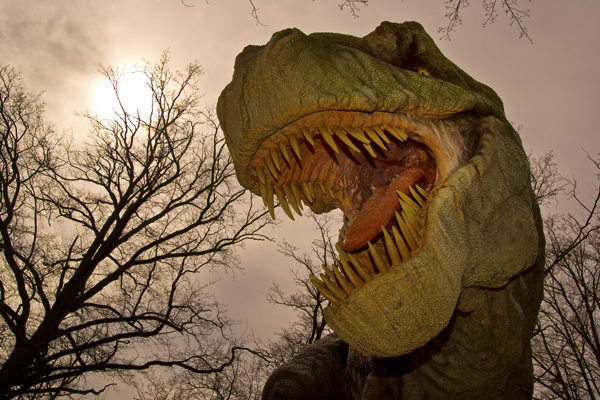
Triceratops ate plants. Tyrannosaurus rex had short arms. Brontosaurus is really apatosaurus. That may be enough dinosaur knowledge to get you through a round of "Jeopardy!" or Trivial Pursuit, but in recent years, paleontologists have turned up many more surprising dinosaur facts.
We spoke with Mark A. Norell, the American Museum of Natural History's chairman and curator of the museum's division of paleontology, about the most surprising and little-known dinosaur facts. Here's a sneak peek: Baby dinosaurs were really cute.
Pigeon-sized dinosaur
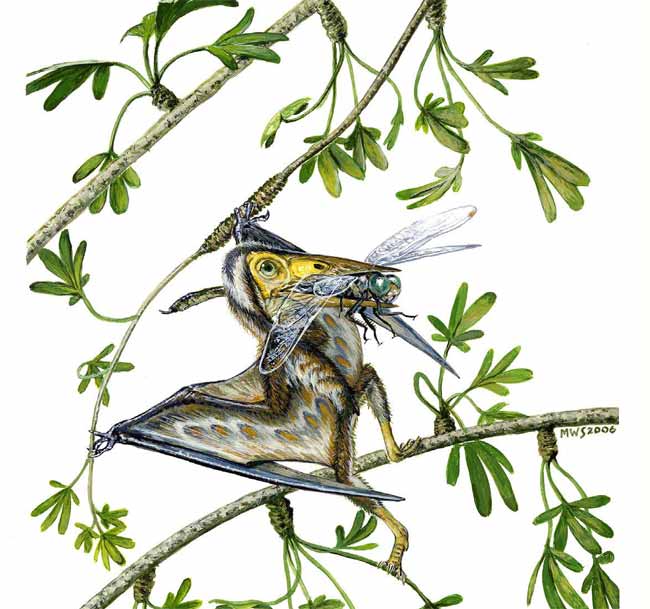
Although the museum's new exhibit focuses on large dinosaurs, not all dinosaurs were massive some species were actually pretty small. In fact, "many were cat or even pigeon-size," Norell said. The smallest known pterodactyl, the Nemicolopterus crypticus (discovered in 2008), had a wingspan of only 10 inches.
Growth spurts
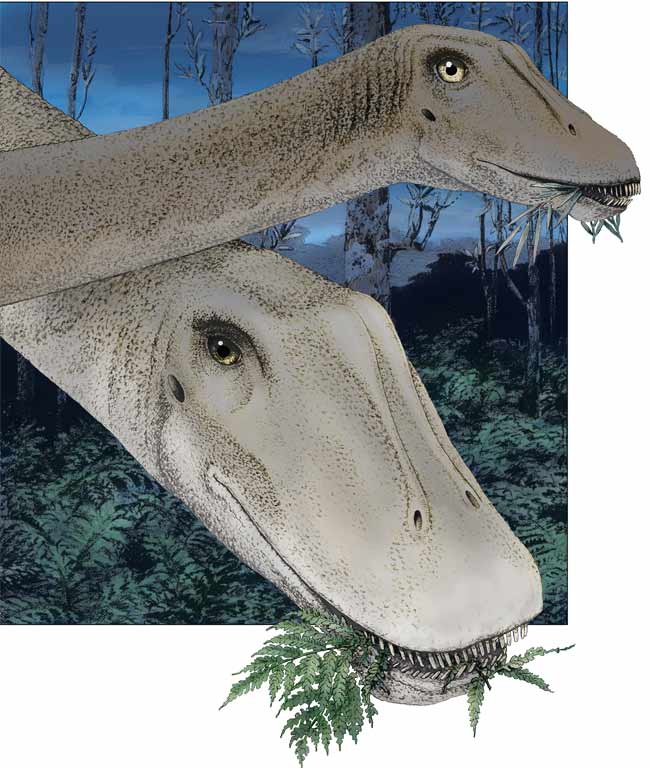
Dinosaurs grew relatively quickly. The mamenchisaurus, for example, a four-legged, plant-eating dinosaur with a long neck that made up half of its total 70-foot body length, took only about30 years to grow to adult size.
Fluffy dinos
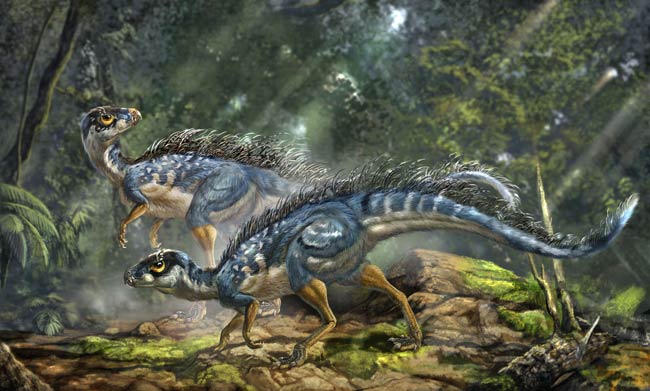
While most illustrations of dinosaurs depict them as having scaly or thick, leathery skin similar to that of modern-day elephants, it was actually common for dinosaurs to have protofeathers, or a feather-like covering. Protofeathers weren't necessarily a marker for flight, however, as flightless dinos including the velociraptor and beipiaosaurus had downy fluff but no wings.
Long in the tooth

At approximately 45 feet long and 14,000 pounds, the T. rex one of the largest land carnivores of all time must have looked pretty imposing based on its size alone. But this massive monster also boasted the longest teeth. Including the root, a T. rex's tooth can be nearly 10 inches long, or the length of an iPad. With 50 to 60 of those enormous teeth set in its 4-foot-long jaw, the T. rex could bite off 500 pounds in a single chomp about the weight of an adult male tiger.
Piecing it together
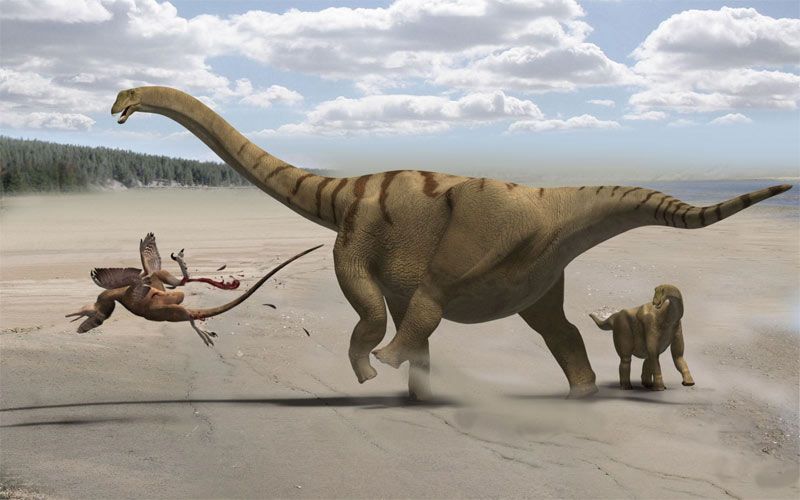
Only one complete or even partial dinosaur skeleton is needed in order to identify an entirely new species. "Almost half of the 1,200 or so dinosaurs that have been named are known from unique single specimens," Norell said.
Get the world’s most fascinating discoveries delivered straight to your inbox.
They roam among us

"Dinosaurs are not extinct we just call them birds," Norell said. "In fact, birds are more closely related to dinosaurs like the T.rex than the T.rex is to sauropods like the mamenchisaurus."
Baby face
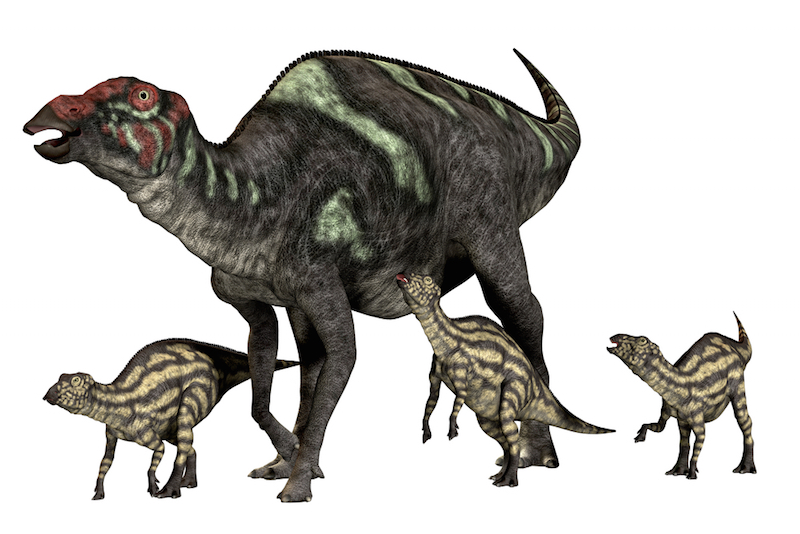
Like most baby animals, dinosaur tots were baby-faced. In 2010, researchers found the skull of a juvenile plant-eating dinosaur that suggested that some young dinosaurs had proportionally larger eyes and smaller, cuter faces than their parents.
 Live Science Plus
Live Science Plus










